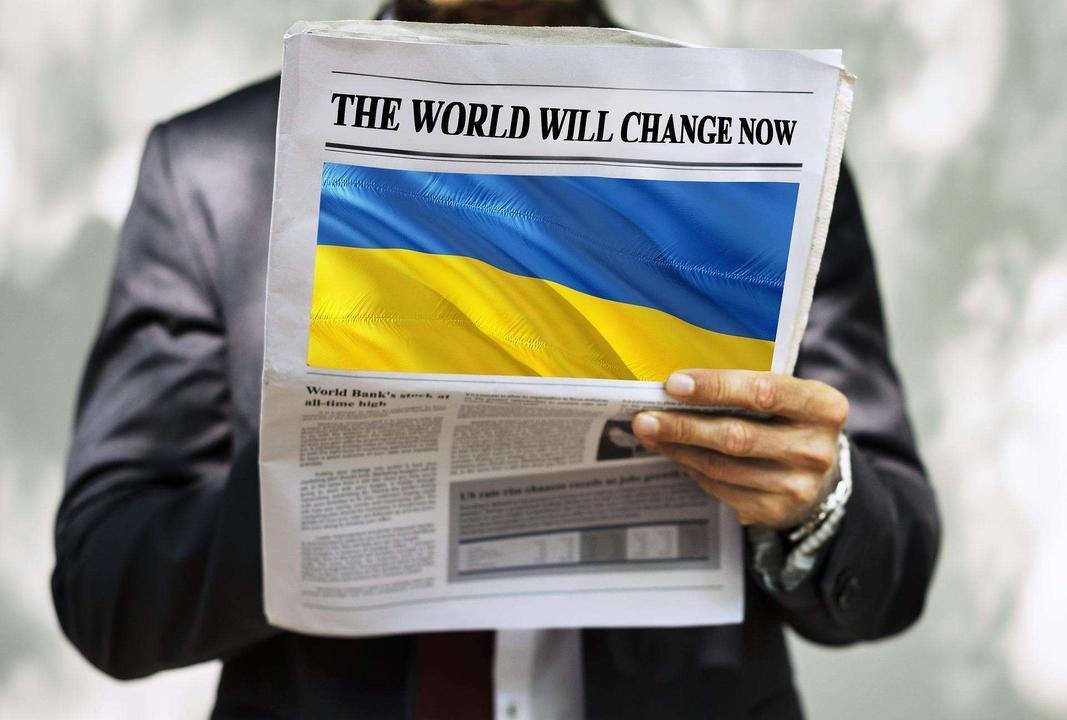Seis meses de guerra en Ucrania, por Carlos Rodríguez Braun

El 24 de febrero de 2022 Rusia invadió Ucrania. El balance de estos seis meses arroja costes, beneficios y cinismo. Los abultados costes son evidentes en términos de muertos, y de millones de refugiados que han abandonado el país, y otros millones de personas desplazadas en su interior. En ese sentido es la mayor crisis que se ha producido en Europa desde 1945. La perspectiva también es negativa en el sentido de que la guerra no ha sido rápida como pensaban muchos, incluido Putin, y su final no parece claro a corto plazo. El aumento de la tensión en el mundo y el posible restablecimiento de la política de bloques añaden costes y riegos para la paz en el mundo.
Como advertimos en marzo, los costes económicos de la guerra se extenderán mucho más allá de Ucrania, en términos de energía, inflación, impuestos, comercio y actividad económica (https://bit.ly/3AEUVpf). En España y en Europa lo hemos vivido y lo viviremos probablemente este próximo invierno.
La parte beneficiosa es que Rusia no ha conseguido su objetivo hasta ahora, y que la posición de Occidente respaldando a Ucrania –“Occidente” entendido en términos políticos y no geográficos–, ha tenido bastante unidad.
Finalmente, el cinismo ha sido abundante en un doble sentido. Por un lado, los políticos occidentales han buscado simplificar la cuestión de las culpas y las responsabilidades. Putin es sin duda el culpable, por la invasión de Ucrania e incluso antes, por la anexión de Crimea. Pero la responsabilidad también corresponde a la OTAN, como han denunciado personalidades desde Kissinger hasta el Papa Francisco. No es evidente que la expansión de la OTAN tras la caída del Muro de Berlín haya sido únicamente positiva; puede haber servido para provocar al tirano del Kremlin.
Y no olvidemos, por otro lado, el cinismo de tantos gobernantes que han atribuido a la guerra todos nuestros males económicos, como si sus políticas previas a la acción de Putin en Ucrania no tuvieran aspectos negativos. Es una nueva prueba de que el mejor amigo del hombre no es el perro sino el chivo expiatorio.
Six months of war in Ukraine
Carlos Rodríguez Braun
On 24 February 2022, Russia invaded Ukraine. The balance sheet for these six months reveals costs, benefits and cynicism.
The heavy costs are evident in terms of deaths, the millions of refugees who have left the country, and millions more internally displaced. In that sense it is the biggest crisis to have hit Europe since 1945. The perspective is also negative in the sense that the war has not been as short as many thought it would be, Putin included, and its end does not seem clear in the short term. The increased tension around the world and the possible re-establishment of political blocs are adding costs and risks to world peace.
As we warned in March, the economic costs of the war will extend far beyond Ukraine, in terms of energy, inflation, taxes, trade and economic activity (https://bit.ly/3AEUVpf). We have experienced this in Spain and in Europe and we will probably experience it this coming winter as well.
The beneficial aspect is that Russia has not managed to achieve its objective so far, and the West’s position in backing Ukraine – with ‘West’ to be understood in political, not geographic terms – has been quite united.
Finally, cynicism has been abundant in a double sense. On one hand, western politicians have sought to simplify the question of blame and responsibility. Putin is without a doubt to blame, for the invasion of Ukraine and, before that, annexing Crimea. But responsibility also lies with NATO, as personalities ranging from Kissinger to Pope Francis have pointed out. It is not evident that the expansion of NATO after the fall of the Berlin Wall has been nothing but positive; it may also have provoked the tyrant in the Kremlin.
And let us not forget, on the other hand, the cynicism of so many leaders who have blamed the war for all our economic woes, as if their policies prior to Putin’s action in Ukraine had no negative aspects. It is further proof that man’s best friend is not a dog, but rather a scapegoat.


